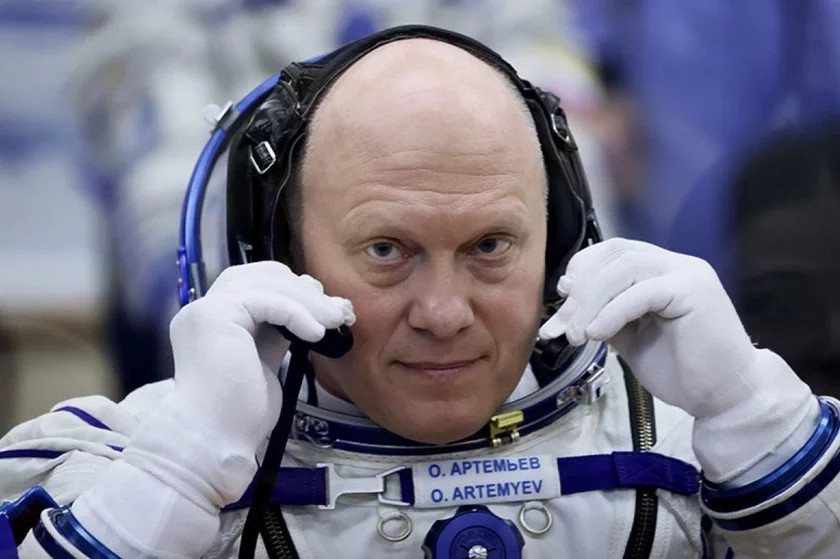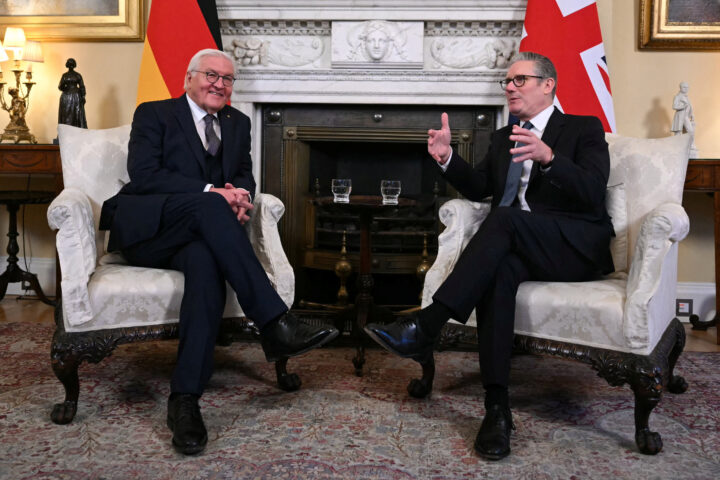On September 19, 2025, the outlet Ipress, citing the Institute for the Study of War, reported that the Kremlin is attempting to pressure the Trump administration into “normalizing” bilateral relations with Moscow even while Russia’s war against Ukraine continues. According to analysts, the effort relies on diplomatic, informational, and economic channels, including semi-official statements. A prominent role has been attributed to Kirill Dmitriev, head of the Russian Direct Investment Fund, who has been lobbying for economic cooperation projects favorable to US business interests. Moscow’s broader aim is to detach normalization from any conditions linked to ending the war, while seeking to secure the removal of US sanctions.
Trump’s skepticism and limited gestures
President Trump has publicly expressed doubts about the value of engaging with the Kremlin, recently stating in the United Kingdom that “Putin let him down” in peace efforts. He has also questioned whether his own focus on major business-driven deals appeals to Moscow. Nevertheless, his administration has left channels open. Washington’s recent removal of sanctions on Belarusian airline Belavia and the deployment of two US military observers to the Russia-Belarus “Zapad-2025” exercises have been seen as tentative signals of willingness to sustain dialogue. Russia, for its part, has offered symbolic concessions, including the option for ExxonMobil to re-enter Sakhalin projects from which it had been ousted, though the company has declined.
Strategic risks of normalization without conditions
Analysts warn that US agreement to normalization absent a peace settlement could significantly weaken sanctions — the principal lever of pressure on Moscow. This would allow Russia renewed access to financing, technology, and foreign investment, undermining Washington’s strategic advantage. Such a move could also unsettle US allies in NATO and the EU, who might perceive it as inconsistency or weakness, potentially eroding trust in US security commitments. Adversaries of the US would likely interpret the development as a demonstration of Russian strength.
Domestic and geopolitical consequences
Within the United States, normalization without a formal peace could trigger strong opposition from Congress, public opinion, and political institutions, fueling domestic disputes over foreign policy. Internationally, US credibility has been reinforced by its support for Ukraine, which helps contain Russian aggression and deters escalation. Undermining that framework could embolden Moscow to continue pressure on Kyiv and use improved ties with Washington as part of a broader information campaign to distort perceptions in the West, secure preferential access to technology and capital, and evade accountability for aggression. Experts argue that accepting normalization on Moscow’s terms would represent a costly concession, exposing the US to long-term strategic, political, and security risks.














